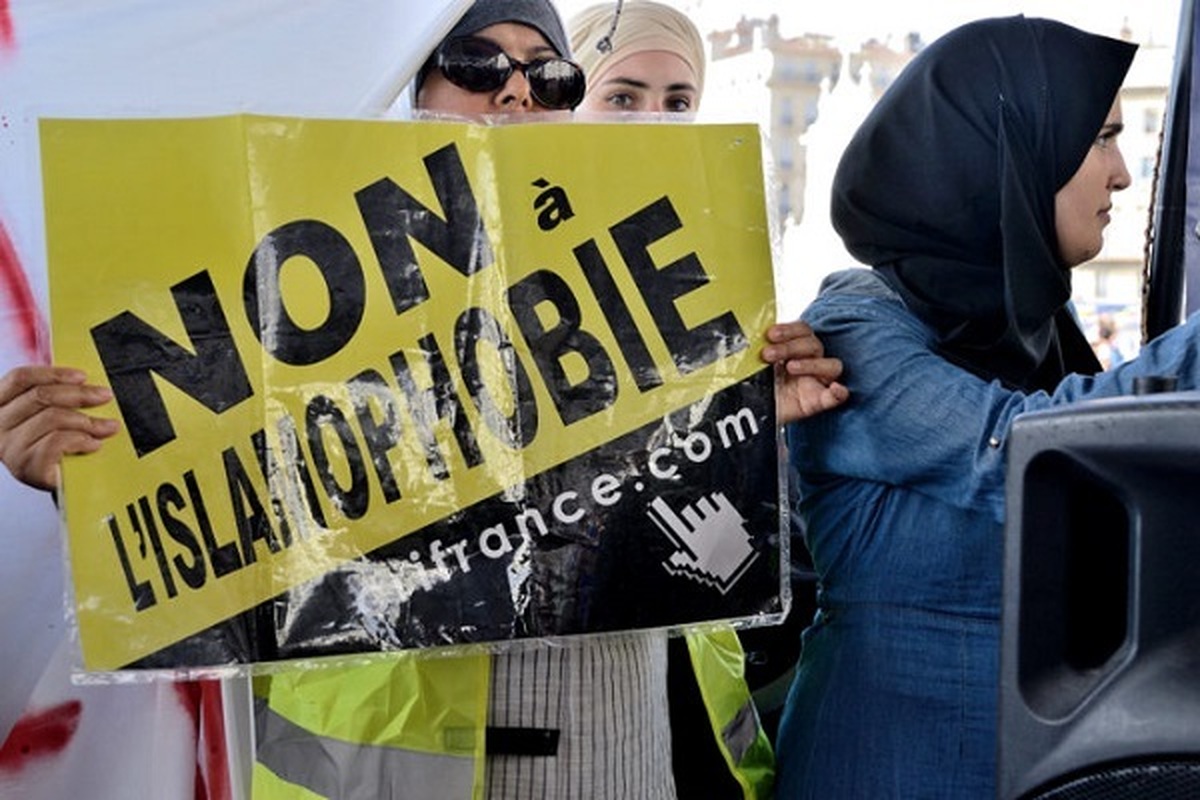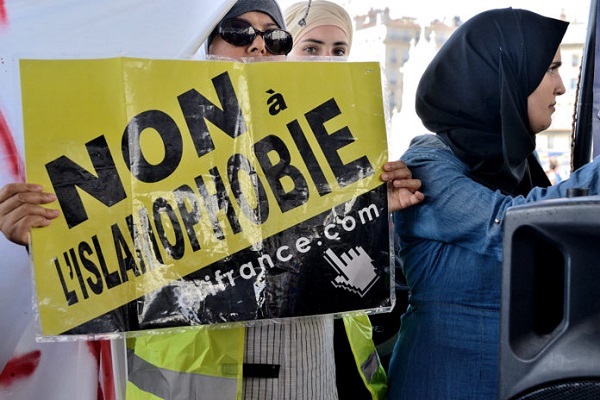France’s Islamophobic Atmosphere Keeps Forcing Muslims to Leave


France, a nation that boasts about “liberty, equality and fraternity,” is driving thousands of Muslim families out of the country by creating a toxic, Islamophobic atmosphere, argues researcher Rayan Freschi.
A recent study by researchers revealed that at least 10,000 Muslim families — potentially 30,000 to 40,000 individuals — have left the country, fleeing systemic discrimination that permeates employment, education and public life.
This phenomenon is not merely a statistic; it is a human tragedy that raises urgent questions about France’s commitment to its own values and the broader implications for minority communities in the West.
Restrictive legislation
The challenges faced by Muslims in France are multifaceted, rooted in a web of restrictive legislation and policies that target their religious and cultural expressions.
Since 2004, the hijab has been banned in public schools, a policy that forces Muslim girls to choose between their education and their faith.
The niqab is prohibited in all public spaces, effectively criminalizing a personal religious choice.
These laws, framed under the banner of French secularism, or laïcité, are often justified as measures to protect national cohesion. However, they disproportionately marginalize Muslims, signaling that their beliefs and practices are incompatible with French identity.
Beyond sartorial restrictions, the French state has implemented a policy of “systematic obstruction,” aimed at dismantling Muslim civil society.
Since February 2018, at least 1,000 Muslim organizations — ranging from mosques to businesses like restaurants — have been shut down, and another 30,000 have faced harassment through unannounced raids and administrative controls.
The financial toll is staggering: €55 million in assets have been seized from the Muslim community since 2018.
This aggressive targeting extends beyond religious institutions, affecting any Muslim-run enterprise, creating an environment where economic survival becomes a daily struggle.
Read More:
For Muslim parents, the situation is particularly dire. The de facto ban on homeschooling, heavily favored by many Muslim families, has eliminated a vital option for those seeking to educate their children in alignment with their values.
Private Islamic schools, numbering only around 90 nationwide, are not a viable alternative for most, as they face constant state harassment or outright closure.
Public schools, meanwhile, enforce strict secular policies: not only is the hijab banned, but even prayer is prohibited, with reports of teachers calling social services or police when children are caught praying.
Such actions send a chilling message: Muslim identity is not welcome in the French educational system.
This systemic exclusion has profound consequences. Parents who wish to raise their children as practicing Muslims often feel they have no choice but to leave France, seeking countries where educational institutions do not clash with their beliefs.
Hijra
The researchers’ findings suggest that this migration is not solely about job discrimination— though barriers to employment due to visible Muslim identity, such as wearing a hijab or having a Muslim-sounding name, are well-documented.
It is also about securing a future where their children can grow up without fear of persecution or forced assimilation.
The French government’s rhetoric, exemplified by former President Emmanuel Macron’s campaign against “separatism,” frames these policies as a defense against radicalism. Yet, the blanket targeting of Muslim communities — down to prosecuting activists for using terms like “intifada” in pro-Palestinian speeches — suggests a broader agenda of cultural erasure.
Read More:
The closure of organizations, seizure of assets and harassment of individuals are not merely administrative measures; they constitute a form of state-sanctioned persecution that stifles Muslim voices and restricts their ability to participate in public life.
Despite this repression, there are glimmers of resilience. Since 2021, new Muslim voices have emerged, asserting their right to exist and speak out.
Activists continue to challenge the shrinking civic space, even in the face of police raids and house arrests, as seen during events like the Olympics.
This defiance underscores a critical truth: the struggle for Muslim rights in France is not just about survival but about reclaiming agency in a society that seeks to marginalize them.
The situation in France serves as a warning to other Western democracies. The policies and practices targeting Muslims — under the guise of secularism or national security — could set a precedent for eroding the rights of other minorities elsewhere.
Solidarity, therefore, becomes a vital tool. For those within France, activism remains the most viable path forward. Engaging in the public sphere, amplifying Muslim narratives, and building coalitions are essential to countering systemic oppression.
For those outside, overcoming the language barrier to stay informed is crucial. By following the work of grassroots organizations, global audiences can better understand the stakes and advocate for change.
The world is watching, and the lessons from France will resonate far beyond its borders.
Source: 5pillarsuk.com



